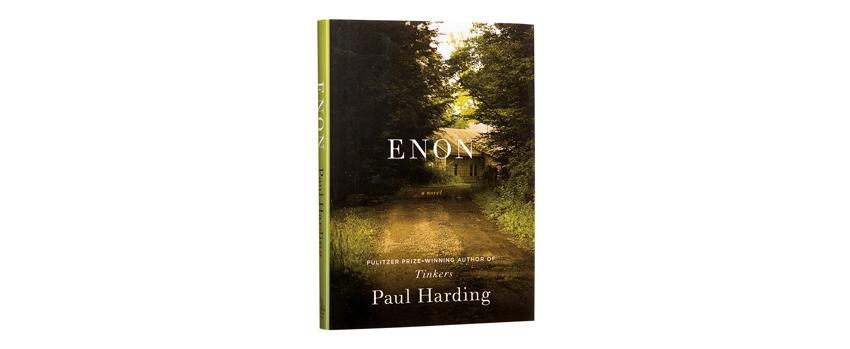Second Acts: Three Authors Hope Their Sequels Live Up to the Originals
In its fifth year, the Boston Book Festival has expanded from a single-day blowout to a weekend-long extravaganza—it descends on Copley Square from October 17 to 19—with a heavy-hitting keynote speaker: Booker Prize winner Salman Rushdie. He leads a fiction lineup that runs from horror king Wes Craven to spy-turned-spy-novelist Valerie Plame Wilson. But for three Massachusetts authors, the festival will be a chance to test out high-stakes second acts: All of them will be flogging recently published sequels to their most highly acclaimed works.

Photographs by Scott M. Lacey
Nancy Werlin
Lives in Melrose
PART ONE: In Werlin’s 2008 YA novel Impossible, a teenager named Lucy has to deal with a post-rape pregnancy. But that’s the least of her troubles: She also discovers that she’s living on the short end of an old family curse, and if she doesn’t complete three arduous tasks, she’ll go mad when her baby is born.
PART TWO: Unthinkable, released September 12, reveals the origin of the curse, as Lucy’s 400-year-old ancestor tries to earn her way out of the fairy realm at great cost.

Jack Gantos
Lives in the South End
PART ONE: A veteran children’s author, Gantos is no stranger to sequels, having created successful book series before. In 2012, he won the Newbery Medal for Dead End in Norvelt, a novel that features a protagonist—also named Jack Gantos—who gets a job typing up newspaper obituaries for the aging denizens of his Rust Belt hometown.
PART TWO: From Norvelt to Nowhere, released September 24. In this sequel, Jack takes a road trip with his elderly mentor, Miss Volker, to confront a murderer.

Paul Harding
Lives in Georgetown
PART ONE: Harding, a former rock drummer, became a dark-horse winner of the Pulitzer Prize for his debut novel, Tinkers. The slim volume follows George Washington Crosby, a dying man, as he looks back on his family’s history with mental illness and epilepsy.
PART TWO: Enon, released September 10. Here Harding extends the Crosby family saga with the same keen eye for quiet despair, as George’s grandson Charlie mourns his daughter’s accidental death.


